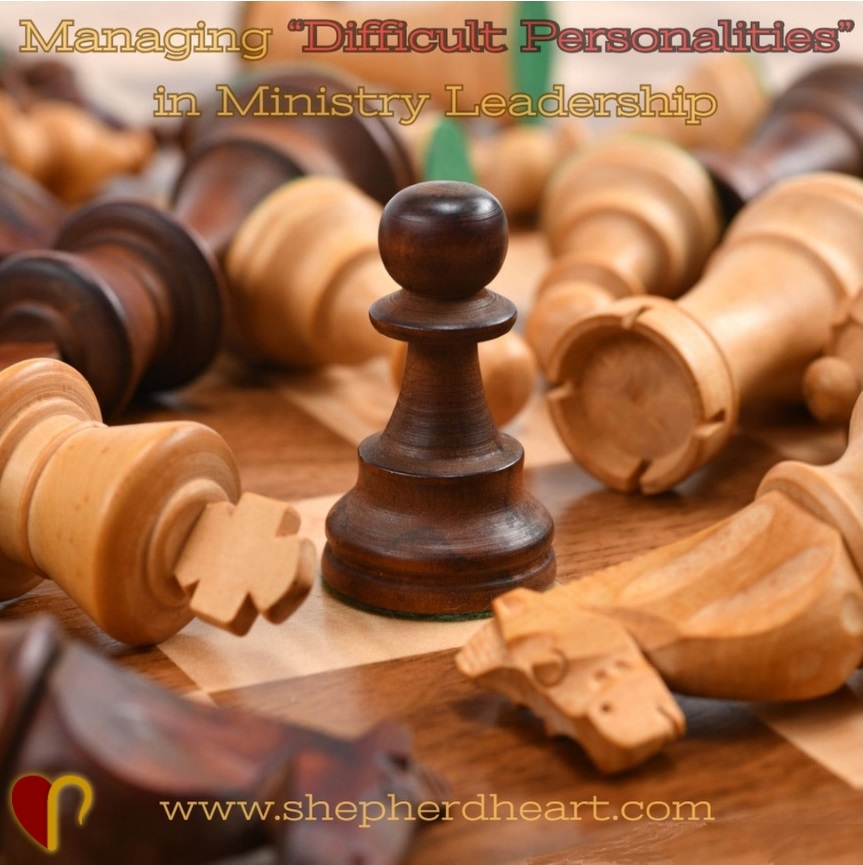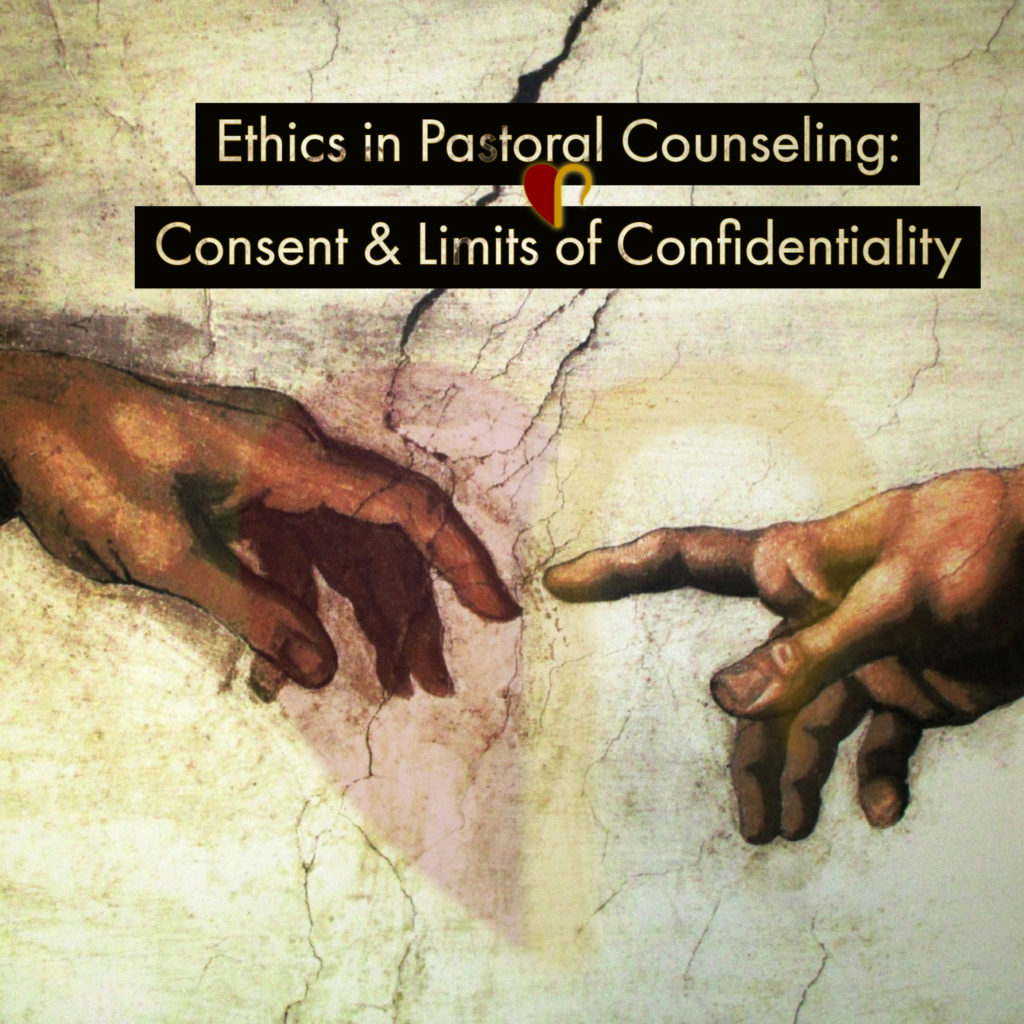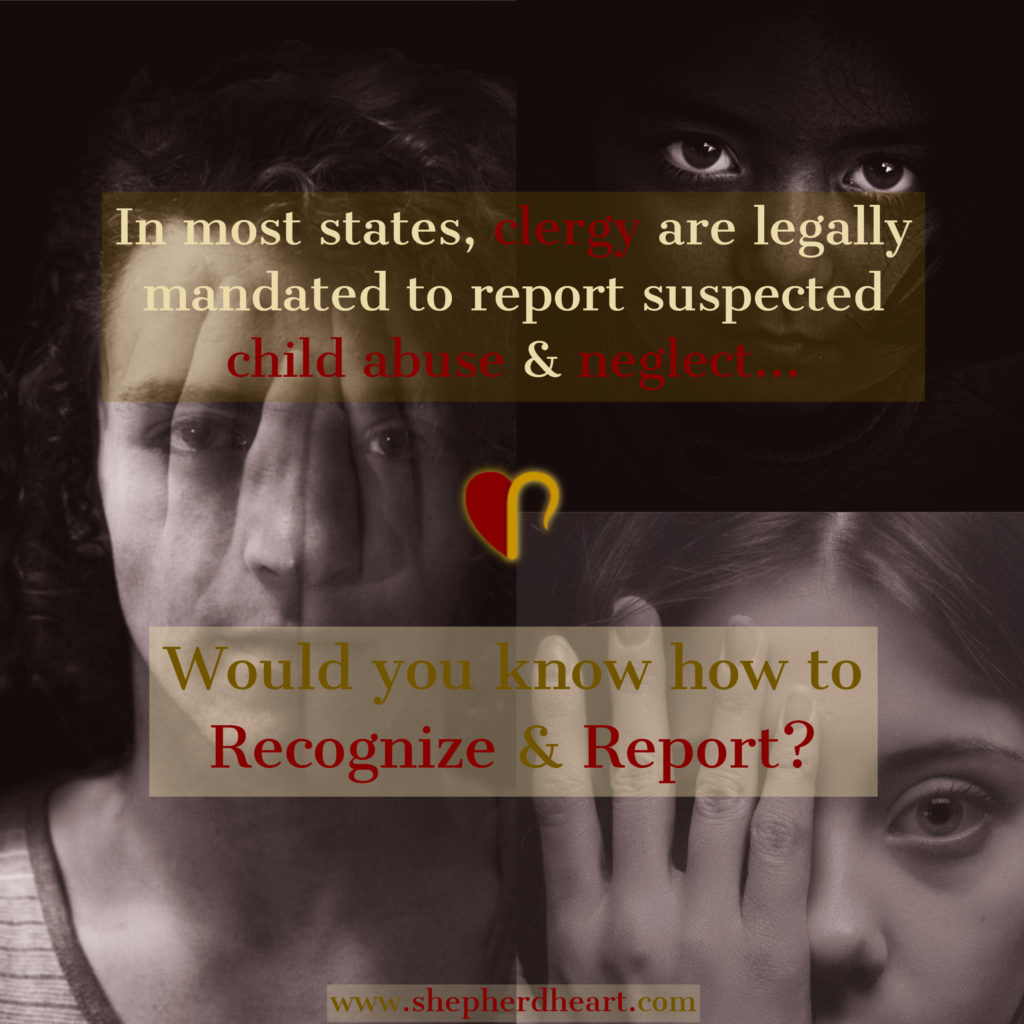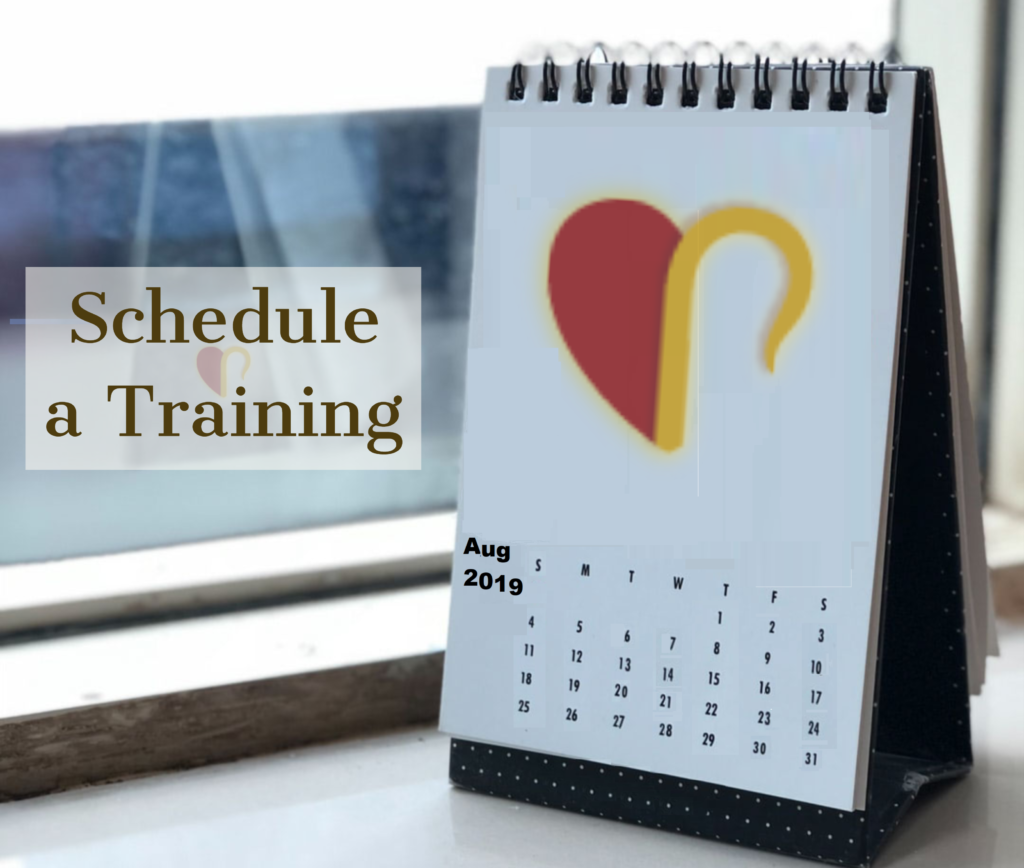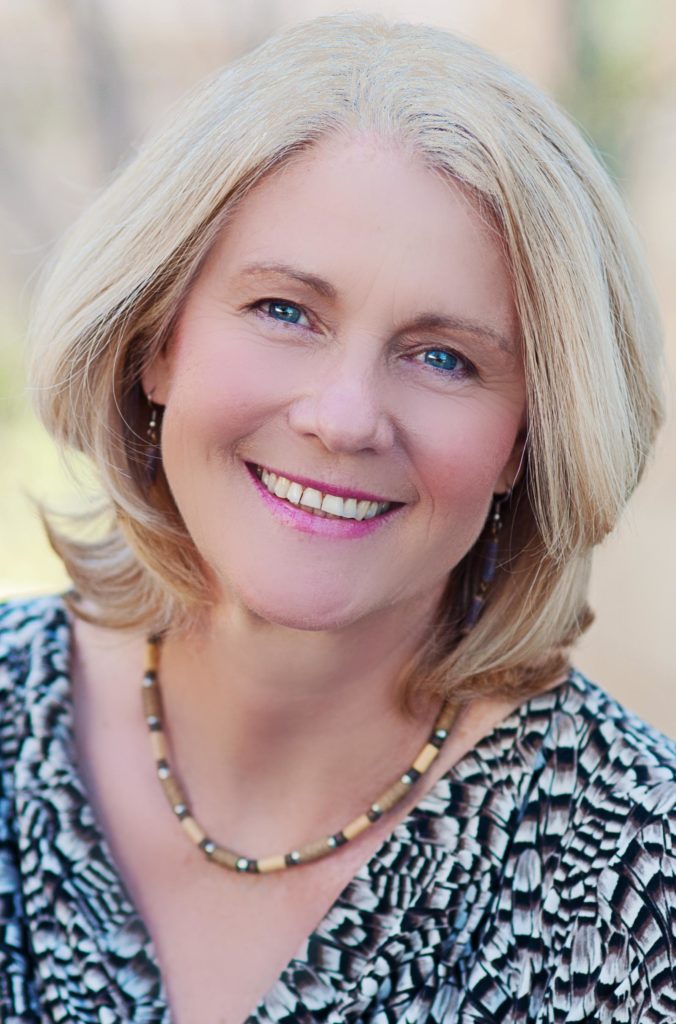
By Rev. Jeannette Slater
Remember when you were a teenager going through your transition into adulthood? That transition has been well documented along with all the precipitating factors and challenges it presents both to the teenagers and to their families. Various teens go through this transition with more or less angst but all experience it to some degree.
As we move into the second half of life, we will go through a similar transition. Ministry leaders will also encounter these changes with the added challenge of having your life on full display as you walk down this path. What is this particular transition into second half of life all about?
I first encountered the concept of “second half of life” from Richard Rohr, a Franciscan who has articulated the concept in his book Falling Upward: A Spirituality for the Two Halves of Life.
In your transition to adulthood in first half of life, your efforts focus on building the containers, or paradigms, in your life to make sense of your journey. You wrestle with what values will define how you live. You define what it means to be ‘family’ or what your concept of ‘God’ is. You discover, refine and develop the strengths and abilities that you will use in your chosen vocation. You put roots down in a community (local or extended) that reflect your values. It’s all about growing and building. All of these aspects bring stability and are critical to a productive life.
If you do first half of life well – build good containers that serve you well – you are well set up for a meaningful second half of life.
So what happens?? Why not just continue this ‘good life’ we have developed? Some people do, but the second half may end up being a faded version of first half – winding down but desperately hanging on to a few things, the best of the past, regretting the things that are ‘lost’. I am proposing a different path.
What often happens in mid-life is that ‘something’ no longer works and we are thrown a curve-ball that upsets the delicate balance we’ve created. This can be as natural as all our children leaving home and parents facing the empty-nest syndrome, or as dramatic as losing a job, retirement, a major health care crisis or losing a loved one.
This change challenges us to re-ask the questions of life, questions such as:
- What is my life about?
- What is my contribution?
- How will I relate to my family or community now?
- How are my finances going to be used or adjusted?
- Where do I need to focus my more limited energy?
- What relationships do I need around me in this next season of life?
- What does that mean for where I live?
If you try to live out these questions based on your 21-year-old answers, you’re in for a rude awakening. Not only have you changed since then, so has the world around you! You must find new answers.
In order to find new answers, it means you have to take down the ‘sides’ of the old containers that have served you so well for so long. This is a scary thing! Here you are at 50 plus, wondering why the old answers don’t work and the ground seems to be shifting underneath you.
I just want to say that you are right where you need to be! Things are not going ‘wrong’ and in fact life is progressing and giving you literally the chance of a lifetime – to bring all you have become and all life has given you to bear on these questions to create or recreate your second half of life.
As a ministry leader, you will encounter people going through this transition as well. Rather than call them back to the ‘tried and true’ answers of the past, walk with them, help them ask the questions and allow them the grace to find a new place to stand.

Jeannette is an ordained minister and has served as a leadership coach for pastors, church planters, and other ministry leaders. She has a passion to help people move into a healthy and productive second half of life.
Upcoming in August 2019 (via zoom):
- “Managing Difficult Personalities in Ministry”
- “Limits of Confidentiality” (Consent in Pastoral Counseling)
- “Clergy Mandated Reporting of Child Abuse”

